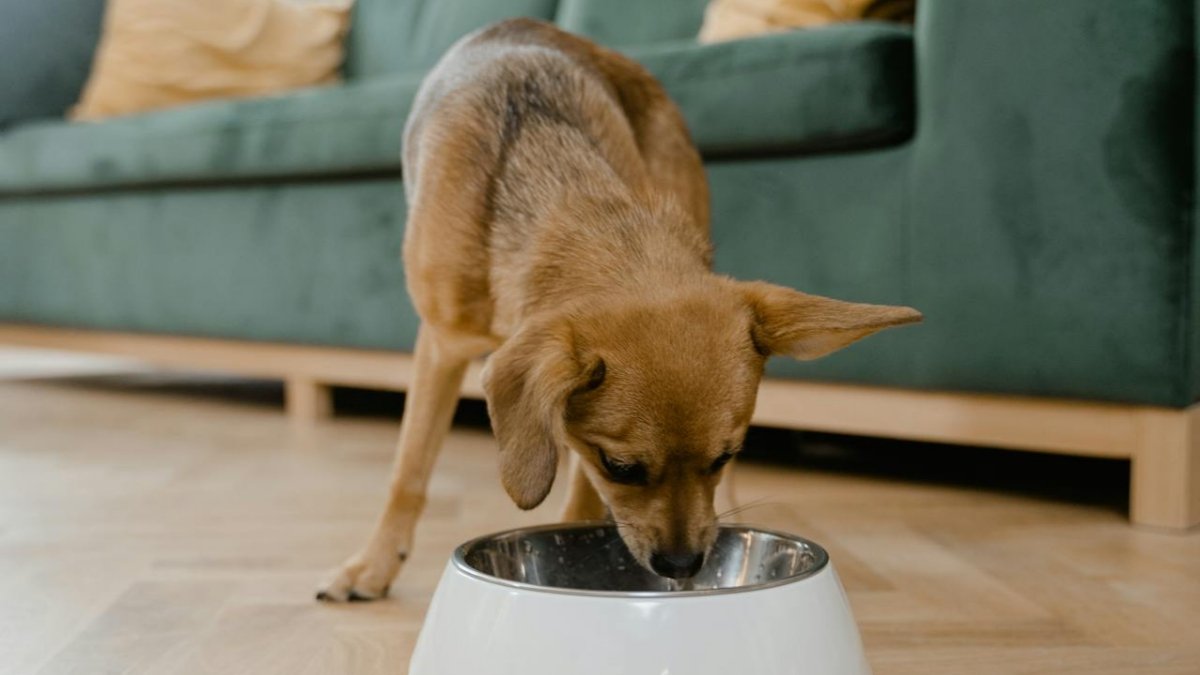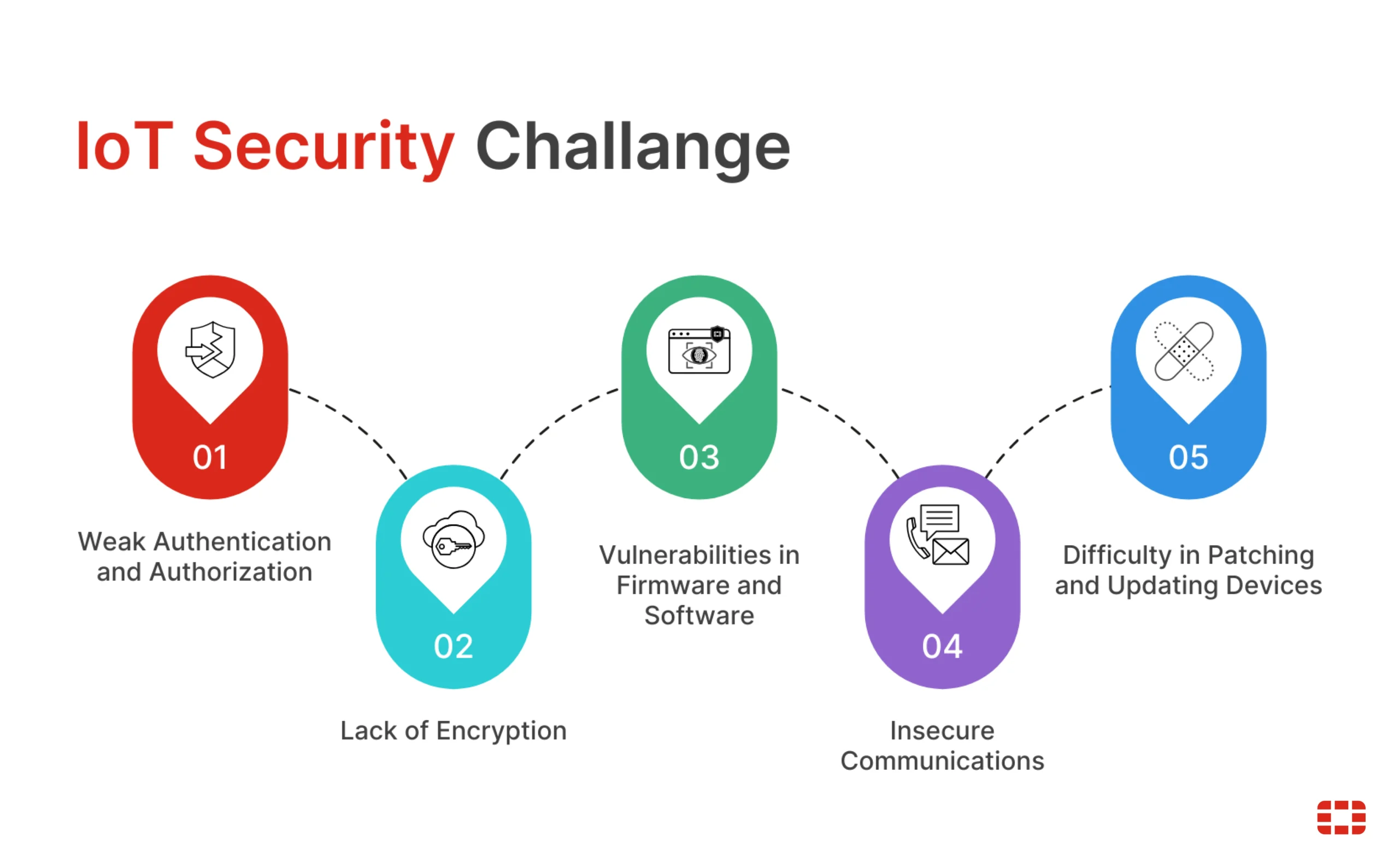Caring for your pet involves more than just affection. Nutrition and weight management are key parts of everyday vet care. They help your pet live a longer, healthier life. You want your pet to feel good and enjoy a full, active life. In Nicholasville, KY veterinary clinics, experts focus on balanced diets and proper weight. They know that nutrition impacts energy, growth, and overall well-being. You will learn simple steps to keep your pet’s weight in check. This will prevent health issues like diabetes and joint pain. A steady routine can make all the difference. Your pet deserves the best care, and understanding their nutritional needs is essential. Proper weight management benefits not only your pet but also your wallet by reducing vet bills. You are the key to your pet’s health. Let’s explore how nutrition and weight control can work wonders for your furry friend.
Understanding Your Pet’s Nutritional Needs
Every pet has unique nutritional requirements. Age, breed, and activity level play a role. Puppies and kittens need more calories compared to senior pets. However, overfeeding leads to weight gain and health problems. You must adjust portions as your pet grows. Consult your veterinarian for personalized advice. The American Animal Hospital Association provides guidelines on feeding schedules and portion sizes.
The Role of Balanced Diets
A balanced diet includes proteins, fats, carbohydrates, vitamins, and minerals. Each element supports different functions in your pet’s body. Proteins help build muscles. Fats provide energy. Carbohydrates offer quick fuel. Vitamins and minerals enhance immune function and bone health. You can find detailed dietary recommendations from the FDA Animal and Veterinary guidelines.
Healthy Weight Maintenance
Maintaining a healthy weight is crucial for your pet’s well-being. Excess weight strains the heart, lungs, and joints. It can lead to illnesses like heart disease and diabetes. Regular weigh-ins help track your pet’s progress. You should keep an eye on their physical activity. Encourage daily exercise. It boosts metabolism and prevents weight gain.
Simple Tips for Weight Management
- Measure food portions accurately.
- Avoid feeding table scraps.
- Schedule regular playtime.
- Use treats sparingly.
- Encourage activity through interactive toys.
Comparison of Nutritional Needs by Pet Type
| Pet Type | Calories Needed | Exercise Requirements |
|---|---|---|
| Small Dogs | 200-400 per day | 30 minutes daily |
| Large Dogs | 1,200-2,000 per day | 1 hour daily |
| Cats | 150-200 per day | 15 minutes daily |
Identifying the Right Food
Choosing the right food is a challenge. Pet food labels are not always easy to understand. Look for products with real meat and minimal fillers. Grains can be part of a balanced diet but should not dominate. Consult your vet to find food that suits your pet’s specific needs.
Benefits of Proper Nutrition and Weight Management
- Improves lifespan and quality of life.
- Reduces risk of chronic diseases.
- Enhances energy levels and mood.
- Supports better growth and development.
- Lowers vet costs by preventing illnesses.
Working with Your Veterinarian
Your veterinarian is your best resource. They have the expertise to identify your pet’s nutritional needs. Work with them to develop a plan. Regular check-ups ensure your pet stays on track. They can also provide guidance on food selection and portion control.
Conclusion
Nutrition and weight management are foundation stones of good pet care. With the right approach, you can help your pet enjoy a longer, healthier life. You hold the power to make significant changes. Start today with simple steps and guidance from professionals. Your pet will thank you with wagging tails and purrs.




